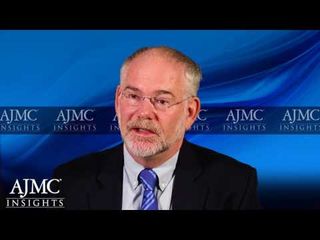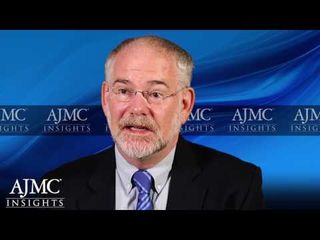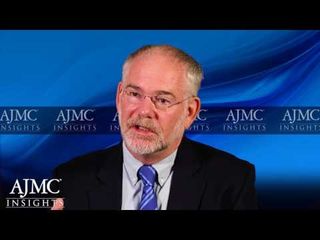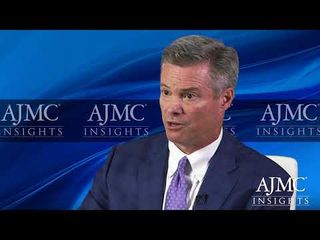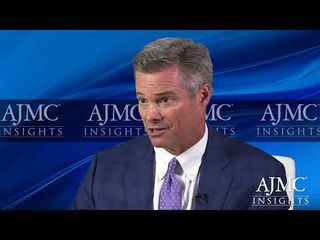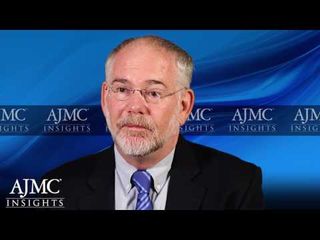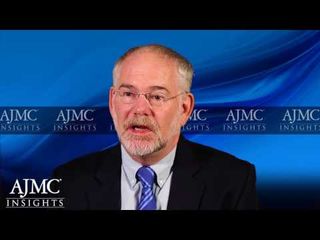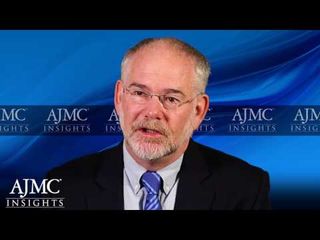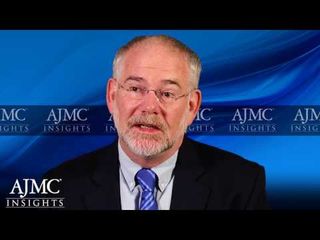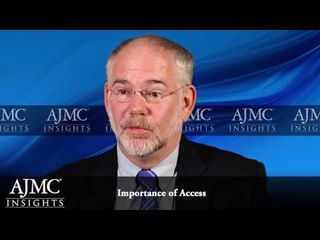
Heart Failure
Latest News

Latest Videos

More News
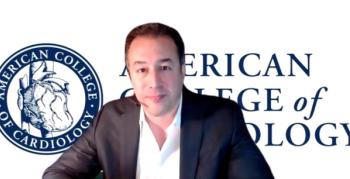
We want to use artificial intelligence (AI) to promote the best-case scenario in patient care, emphasized James Januzzi, MD, staff cardiologist at Massachusetts General Hospital.

Rates of acute heart failure (AHF) have recently been rapidly increasing among elderly and super-elderly patients in Japan, and this study investigated rates of all-cause death and mode of death among this patient population.
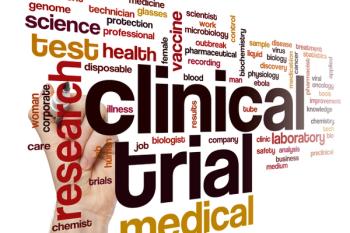
These 4 studies were pegged as “ones to watch” during the American College of Cardiology (ACC) annual briefing on results for consumers. They will be presented in the opening session of late-breaking clinical trial results on day 1 of ACC.21.
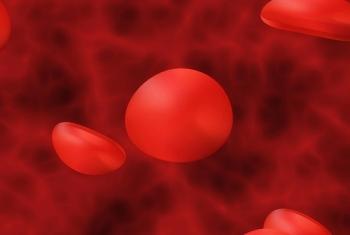
Both studies were featured during the American College of Cardiology's annual briefing on results for consumers. They will be presented during the 70th Scientific Session, which is set for May 15-17, 2021.

Compared with nonsmokers who did not have recent exposure to secondhand smoke, a 35% greater chance for heart failure was seen among those with recent exposure to the toxic fumes.

Right ventricular systolic function evaluated through VO2 max is a more accurate measure of functional capacity of persons with heart failure compared with left ventricular systolic function.

Findings from a new study out of Mount Sinai in New York show a small but rare chance of developing new-onset heart failure following hospitalization for COVID-19.

A new approach to identifying and defining heart failure among patients with chronic obstructive pulmonary disease (COPD) involves combining information gleaned from reviewing their electronic medical records and examination charts.

Overweight and obese adults, whose body mass index trended upward in a recent UK study, had higher risk of heart failure, all-cause mortality, and cardiovascular disease–related mortality.

This recent study out of Japan compared the use of renin-angiotensin system inhibitors and β-blockers among patients with heart failure, both those who had physical limitations and those who did not.

Elevated levels of 2 inflammatory biomarkers may indicate a greater heart failure hospitalization risk for patients who have diagnosed atrial fibrillation.

Veterans Affairs data show that among patients with heart failure admitted to skilled nursing facilities, those with delirium exhibited decreased rates of functional recovery.

A higher risk of adult-onset heart failure was found in this Swedish study that investigated its association with singleton live births before 37 weeks gestation.

A recent subgroup analysis of the DAPA-HF study investigated possible clinical outcome differences between women and men following the addition of dapagliflozin to their treatment regimens.

Morbidity and mortality in individuals younger than 55 years with heart failure may be attenuated by targeting possible age-dependent risk factors

After a 12-month follow-up of patients in the CHAMP-HF registry, Kansas City Cardiomyopathy Questionnaire Overall Summary Score (KCCQ-OS) was shown to be more prognostically accurate compared with New York Heart Association functional class.

Among patients with atrial fibrillation (AFib) in the RATE-AF trial, the index-beat approach produced superior results on a potential diagnosis of heart failure vs consecutive-beat methods.

Reduced left ventricular ejection fraction, longitudinal strain, and circumferential strain have possibly been linked to development of heart failure among elderly individuals.

Responses from a study of in-person focus groups show that not only do patients report adverse effects on quality of life, physical well-being, and mental health but that their caregivers do as well.

In this Mendelian randomization study, higher odds of developing heart failure were seen in regular vs never smokers and in current vs former smokers.

Heart failure has been shown to be a contributing factor in more deaths in rural vs urban counties in which cardiovascular disease was pinpointed as the underlying cause of death.
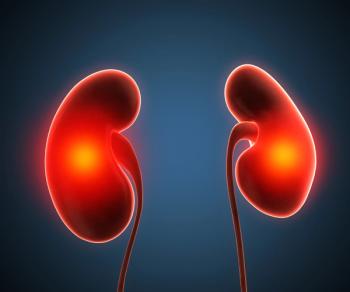
Study results from Taiwan of patients with heart failure and comorbid chronic kidney disease show a drop in the risk of renal function decline among patients with heart failure with preserved ejection fraction (HFpEF) administered sacubitril/valsartan.

Merck and Johnson & Johnson (J&J) partner to produce J&J's COVID-19 vaccine; Anthony Fauci, MD, warns against shifting to a single-dose strategy for approved 2-shot vaccines; Medtronic recalls its HVAD Pump Implant Kits.

A comparison of patients with heart failure with preserved ejection fraction (HFpEF) randomized to 1 of 2 physical activities did not show a significant increase in peak oxygen consumption (VO2) vs guideline-based physical activity.

Compared with women with normotensive pregnancies, women who develop various hypertensive disorders during pregnancy have a greater risk of cardiac structure abnormalities in the decade after pregnancy.




